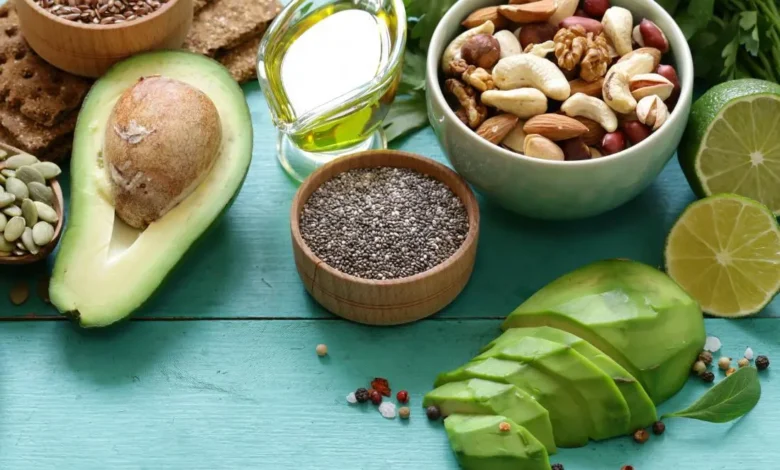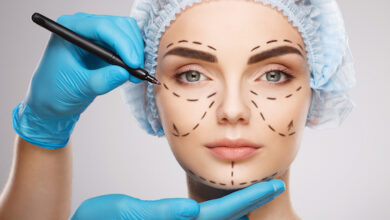The Role of Diet in Skin Health: Myths and Facts

Your skin is a reflection of your overall well-being, often acting as an external indicator of internal balance. While skincare routines and products get plenty of attention, what you eat also influences the way your skin looks and feels. Let’s explore the connection between diet and skin health, bust some common myths, and highlight when it’s helpful to speak with a dermatology specialist.
Understanding Skin Health and Dermatology
Your skin is the largest organ in your body. It serves as a barrier protecting you from environmental elements like UV rays and pollutants. Dermatology, as a field, focuses not only on treating skin-related concerns but also on helping individuals maintain skin health. While skincare products address surface concerns, the role of internal factors, like diet, often sparks curiosity—and plenty of debate.
The Impact of Diet on Skin Health
Many people wonder whether changing their diet will improve their skin. While diet alone isn’t a magical solution, it plays a supporting role in maintaining healthy skin. Here’s a closer look at some common myths and facts about diet and how it impacts your skin.
Myths About Diet and Skin
- Chocolate and greasy foods cause acne
Contrary to popular belief, there isn’t strong scientific evidence linking chocolate or greasy foods directly to acne outbreaks. More often, acne is connected to hormones, genetics, or other external factors. - Drinking more water automatically gives you glowing skin
Staying hydrated is beneficial for your overall health, but drinking large amounts of water won’t instantly transform your complexion. The skin’s hydration levels are more complex and influenced by other factors, like your skincare routine and the climate. - Eliminating dairy clears up your skin
While some individuals may notice an improvement in their skin after reducing or cutting out dairy, this isn’t a universal rule. Reactions to dairy vary, and some people experience no difference at all.
Facts About Diet and Skin
- Certain nutrients support skin health
Vitamins and antioxidants like vitamin C, vitamin E, and zinc play a role in maintaining skin elasticity and protecting against environmental damage. Foods like citrus fruits, nuts, and leafy greens can naturally provide these nutrients. - High-glycemic diets can affect acne
Diets rich in high-glycemic foods, such as sugary snacks and refined carbs, may lead to spikes in blood sugar and insulin levels. These fluctuations are thought to contribute to acne in some individuals. - Omega-3 fatty acids benefit the skin
Found in foods like salmon, flaxseeds, and walnuts, omega-3 fatty acids are associated with reducing inflammation. Reducing inflamation may help improve certain skin conditions, such as redness or dryness.
When to Seek Dermatology Care
While understanding the role of diet can be helpful in managing skin health, there are times when professional guidance is the best course of action. If you’re dealing with persistent acne, eczema, or any other ongoing skin concerns, dermatologists bring expertise that saves you time and frustration. They can help identify triggers and recommend the right treatments. They will also guide you on how lifestyle factors, like your diet, play a role in your skin’s health.
Healthy Skin Support Awaits
Diet isn’t the sole factor in achieving healthy skin, but it does contribute to overall skin wellness. While myths like chocolate causing acne persist, understanding the facts about nutrients and their impact can help you make informed food choices. For personalized advice or stubborn skin concerns, speaking with a dermatology specialist can provide clarity and solutions tailored to your needs. Consult a dermatologist for guidance or research how a balanced diet can complement your skincare efforts.





